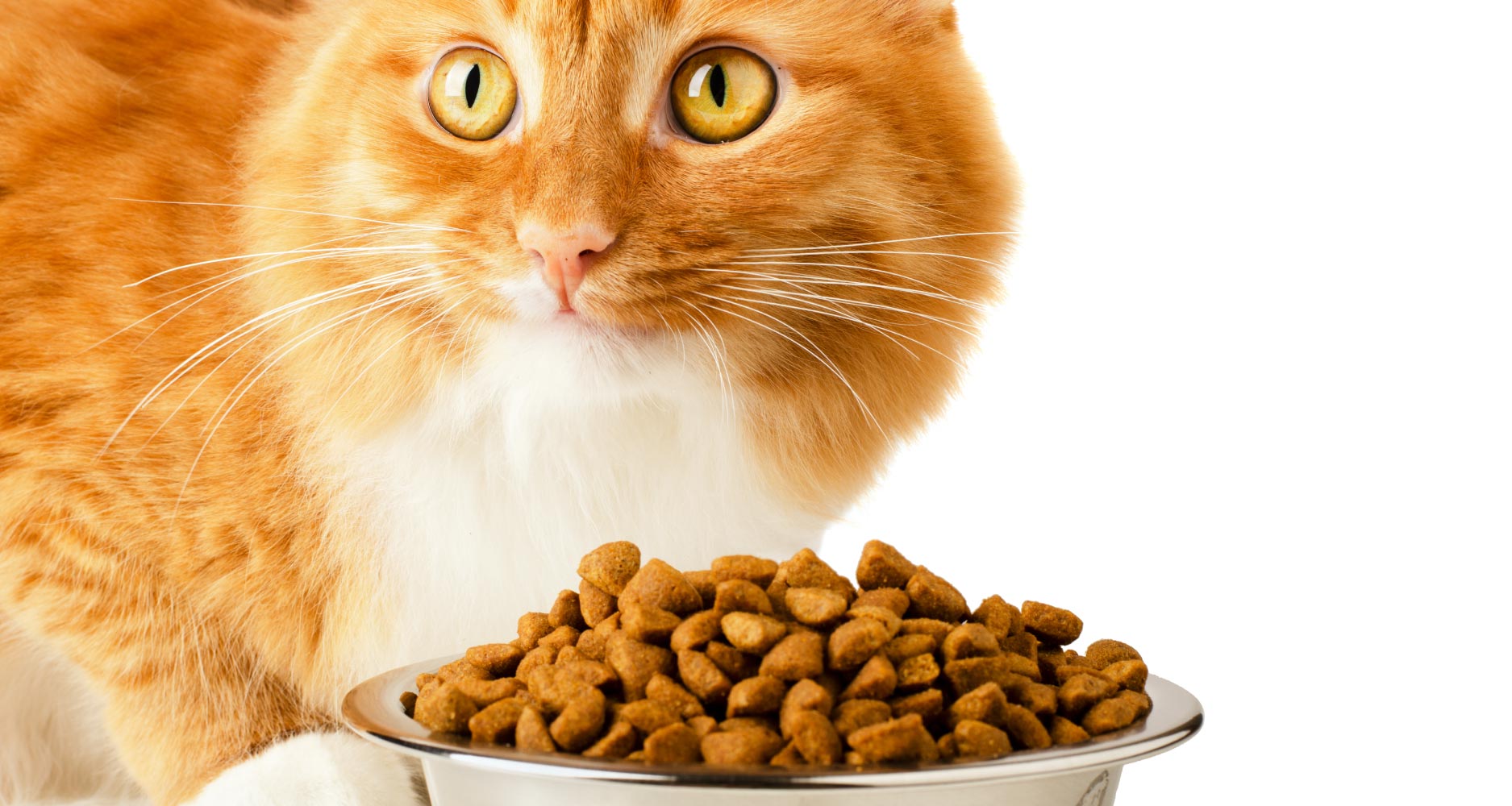HEALTH & WELLNESS

VOTING BOOTH

TRENDING

LIONS FOUNDATION OF CANADA DOG GUIDES
Lions Foundation of Canada Dog Guides and its founding program, Canine Vision Canada, was established in 1983. It’s the largest school of its kind in Canada with its training school in Oakville and breeding facility in Breslau.
Nutrition for Cats with CKD

With treatment and careful management, cats with Chronic Kidney Disease (CKD) can have a good quality of life.
One of the essential functions of a kidney is to filter the body’s waste. The body makes waste that it cannot use and adds it to blood for transport to the kidney. The kidney then filters the waste out of the blood and into urine for excretion. With CKD the system has difficulty eliminating waste which may result in nausea, loss of appetite, subsequent weight loss and dehydration.
Management of Common Symptoms of CKD
Although every cat is different, cats with CKD generally have a good quality of life, if these common symptoms are managed:
- Nausea: Because waste products build up in the blood of cats with CKD, they may feel nauseous.
- Decreased Appetite: Most cats don’t want to eat when they feel nauseous.
- Weight Loss: Because of diminished food intake cats with CKD often lose both muscle and fat.
- Dehydration: Diseased kidneys have difficulty concentrating urine and lose a lot of water.
When it comes to taking care of a cat with CKD, it’s all about addressing underlying causes, treating symptoms and managing nutrition because there is no cure.
This article is about the nutritional needs of cats with chronic kidney disease (CKD).
In a nutshell:
- Which foods can and should cats with CKD eat?
- Which foods should cats with CKD avoid?
Adapting to Different Stages
There’s no one-size-fits-all diet plan that can be prescribed for all cats with CKD. Age, possible underlying causes, disease progression rate and individual signs and clinical symptoms all need to be considered when establishing a treatment plan. Plus, the condition needs to be monitored to make sure the plan is still right for the different stages of the disease. When the situation changes, the treatment plan needs to be adjusted accordingly.
There are, however, a few guidelines when it comes to the nutritional management of CKD.
THUMBS-UP FOODS
Appropriate quantities of the right foods can help reduce symptoms and promote the health of cats with CKD, making them feel better and live longer.
Vet-approved cat foods with the following characteristics are often recommended:
- Omega-3 Fatty Acids: Essential nutrients that can help prevent/manage disease
- More Potassium: A mineral and an electrolyte to help combat potassium deficiency
- More Antioxidants: E.g. vitamin C or E that removes potentially damaging oxidizing agents
Kidney support diets should provide the following:
- Lower amounts of high-quality, easy-to-digest proteins
- Low in phosphorus to limit additional kidney damage
- Low Sodium helps address sodium retention and/or possible high blood pressure
- Added fish oil (omega-3 fatty acids) to protect against inflammation
- Enriched in natural antioxidants such as vitamins C and E
Getting rid of the waste products of protein metabolism is hard work, especially for kidneys that have lost some of their function. However, cats with CKD still require protein, but less than healthy cats and it’s important that this reduced amount of protein is of a high quality. The body needs some protein to function properly and to maintain a healthy weight. Calories missing from reduced protein need to be made up elsewhere.
It’s very important that cats, especially those with CKD, eat enough. So, to encourage a healthy appetite, you need to choose foods that smell and taste as good as possible. Texture can also play a role in general appeal.
THUMBS-DOWN FOODS
Excessive quantities of the wrong foods can aggravate or increase symptoms of CKD which can be detrimental for health, reducing quality of life and lifespan of cats with CKD.
Foods that are dry can increase dehydration. Canned foods that have a high-water content can help prevent dehydration.
Foods with hard-to-digest poor quality proteins produce more urea and phosphorous that then need to be eliminated causing the diseased kidneys to work even harder. Choose foods made from moderate amounts of high-quality protein.
OTHER
Depending on your cat’s condition and test results, your vet may look at other factors, such as vitamin B, calcium and fat intake as well as blood pH levels.
Medical Management
You can’t only rely on nutritional changes. Luckily there are effective medications for cats with CKD. The sooner treatment starts, the better. Chronic kidney disease (CKD) requires lifelong treatment and can be challenging for both the cat and its human family.
Management of nutrition, hydration, lifestyle, and medical interventions can:
- slow the progression of the disease
- increase lifespan and improve quality of life
![]() Ask your veterinarian for advise on the best diet to meet the needs of your cat. Your veterinarian can recommend food with a specific nutrient profile to help support one or more of your cat’s age-related conditions. Find a veterinarian near you.
Ask your veterinarian for advise on the best diet to meet the needs of your cat. Your veterinarian can recommend food with a specific nutrient profile to help support one or more of your cat’s age-related conditions. Find a veterinarian near you.
Related Articles








